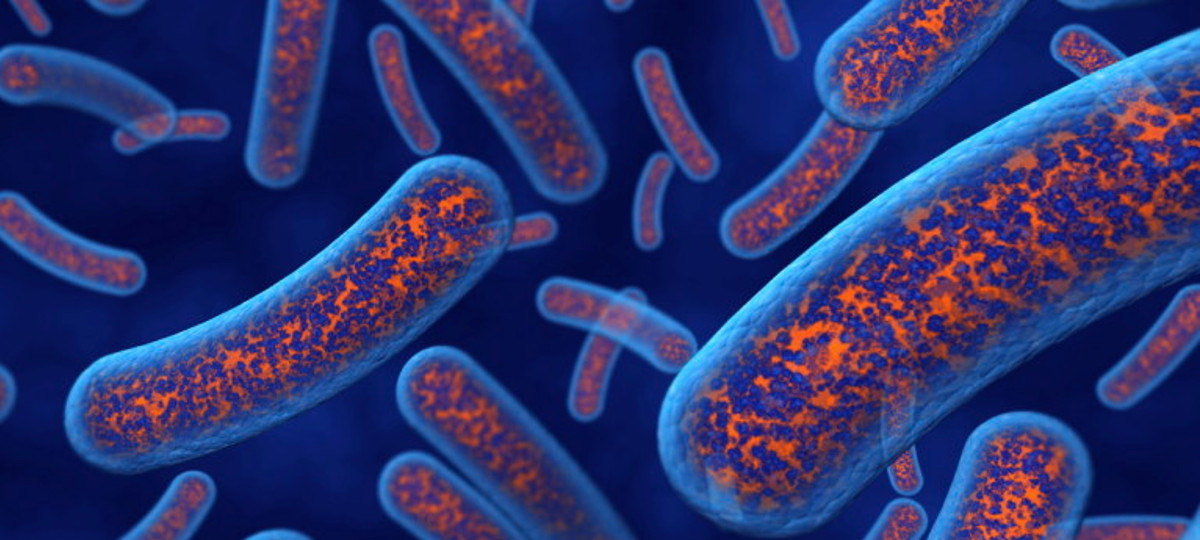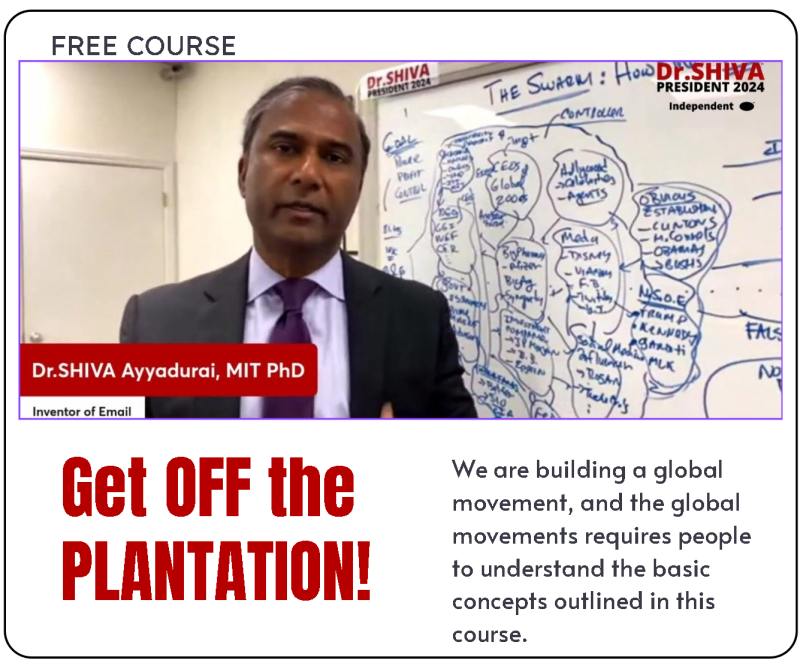
A recent article on Mindbodygreen.com said:
“Chronic stress sends us into fight-or-flight mode, in which the hormones cortisol and adrenaline flood our body. Heart rate, breath, and blood pressure increase and we get a surge of glucose into the bloodstream to use for energy. Blood flow moves to our extremities (our arms and legs) so that we can flee danger. It flows away from the digestive system, which is not considered necessary for immediate survival and actually takes a lot of energy to run.
This response is great if we need to escape a dangerous situation but not so great if we’re simply stressed out about deadlines or finances. Lack of blood flow (and therefore oxygen) to the digestive system slows function, which means poor digestion, nutrient absorption, and elimination (constipation).
Yoga can be a fabulous tool to unwind and detach from stress. In fact, 60 minutes of yoga has been found to significantly increase gamma-aminobutyric acid (GABA) — aka the “chilled” amino acid — levels in the brain.
GABA is a neurotransmitter (brain chemical) that works directly on the brain to calm the mind and enhance mood. It does this by regulating noradrenaline, dopamine, and serotonin. GABA functions as a brake on the neural circuitry during stress and relaxes the muscles; slows heart rate and breathing; and reduces anxiety, tension, and insomnia.
Inflammation and oxidative stress
Hormone imbalance
Insulin resistance
Gut dysbiosis
Psychosocial (loneliness, life challenges/stress, lack of meaning and purpose)
Mitochondrial dysfunction
Neuroplasticity
Epigenetics
Generally, foods rich in B vitamins support the nervous system and reduce stress.” (Ref: http://www.mindbodygreen.com/0-26071/the-surprising-foods-that-boost-your-mood.html) The fact is that more and more studies are pointing to the healing power of foods, herbs and medicinal knowledge that have existed for thousands of years.
After many millennia of trial and error, indigenous and traditional cultures had a profound sense of what was good food. They knew how to combine food, when to eat food, and how to process food so our bodies received the optimal nutrition. Their food was, by its very nature, good and clean.
We encourage you to take advantage of the webinar by Dr. Shiva Ayyadurai, a Ph.D in Systems Biology from the Department of Biological Engineering (formerly known as the Food and Nutrition Science Department), where he provides the details of what constitutes good and clean food.
You May Also Be Interested In








